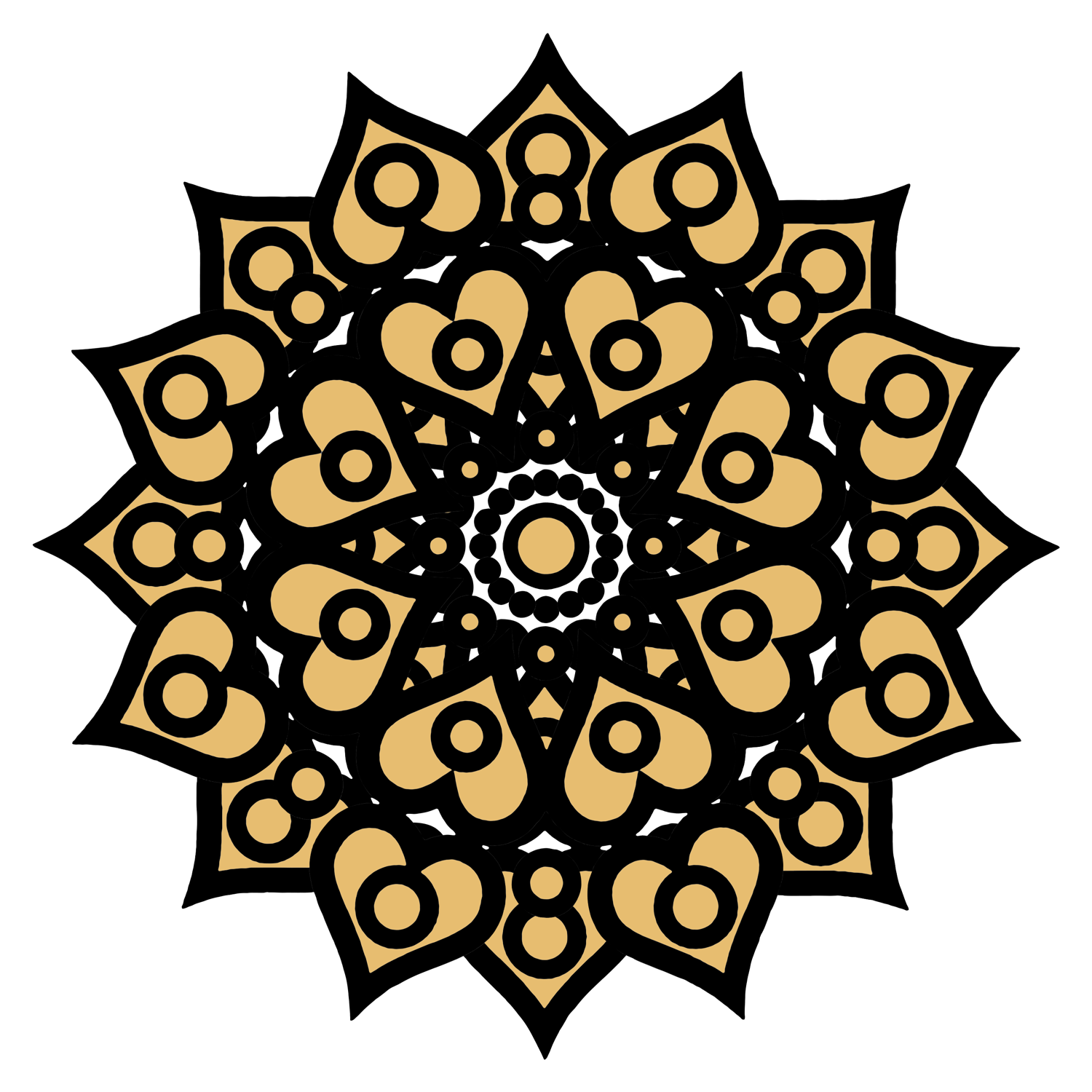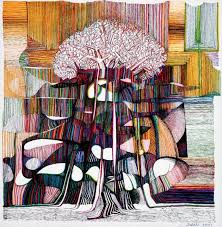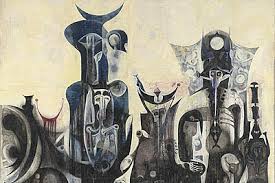IBRAHIM EL-SALAHI – A VISIONARY WE SHOULD ALL KNOW.
- Admin

- Dec 10, 2020
- 2 min read
Updated: Feb 23, 2022
Do you know the name Ibrahim El-Salahi? He’s a visionary, a trailblazer, an artist born in the heart of Africa – in Sudan.

We often hear tales of revolutionary artists that have shaped the way we approach visual art, even the way we come to understand the world. One artist who has done just that and stands boldly as the forefather of African modernism is the revolutionary Sudanese artist Ibrahim El Salahi.
El Salahi’s art, and his own artistic and educational journey illustrate profound lessons for us as children of the diaspora.
El Salahi was born in 1930 in Omdurman, Sudan. He attended the Slade School of Art in London and his education took him from London, back to Sudan, to North and South America, and these experiences developed him into an artist whose range spans motifs with deep Islamic and Sudanese traditions to European style portraits.
Now, what’s so powerful about El Salahi’s story is the lesson we as children of the diaspora can take from it. You see, the beauty of El-Salahi’s art is that while influenced by various cultures, at its core is his home, Sudanese tradition. His art intertwines Sudanese culture, Islamic calligraphy and African artistic traditions with European styles to create an image that reflects the complexity of identity.
This thread is seen when in 1960, El-Salahi co-founded the movement know as the Khartoum School. This was a movement of artists, poets, writers and creatives with a goal to re-envision Sudan while holding onto tradition. A few years later, in 1966 El-Salahi not only attended but proudly led the Sudanese delegation at the inaugural World Festival of Black Arts. He established the first Department of Culture within the Sudanese Embassy in London, and occupied the position of Director of Culture in Sudan.
In 1975 El-Salahi was imprisoned for suspicion that he was involved in a government coup attempt and spent 6 months behind bars. A true artist, El-Salahi continued to create art and sketch ideas for large-scale paintings he could create when he was released.
As the timeline shows us, both his art work and personal journey hold a thread of valuing and embracing your history, your traditions. His art and his own journey are intentional in maintaining and exploring it’s native tradition. It reaffirms the beauty that comes from knowing who you are, and embracing it.
A lesson that many who call Africa home yet live abroad or have been influenced by diverse cultures can all relate to.














Comments